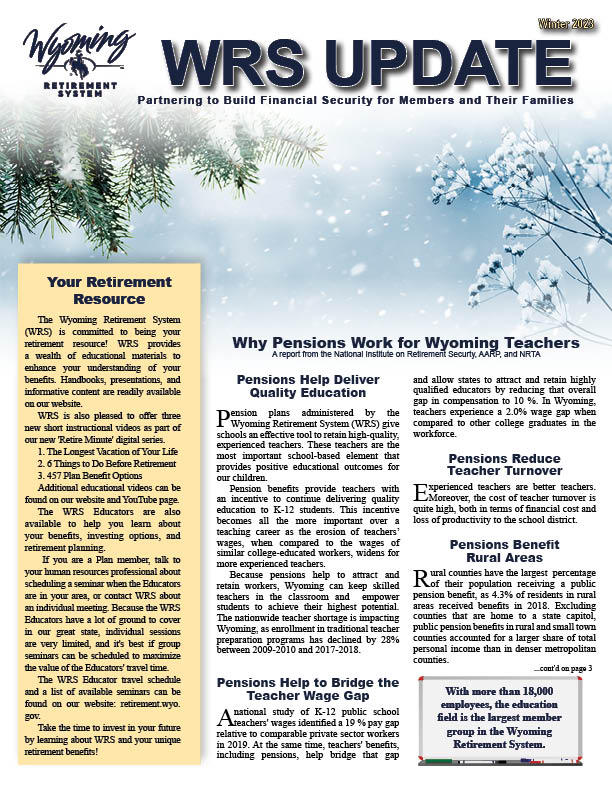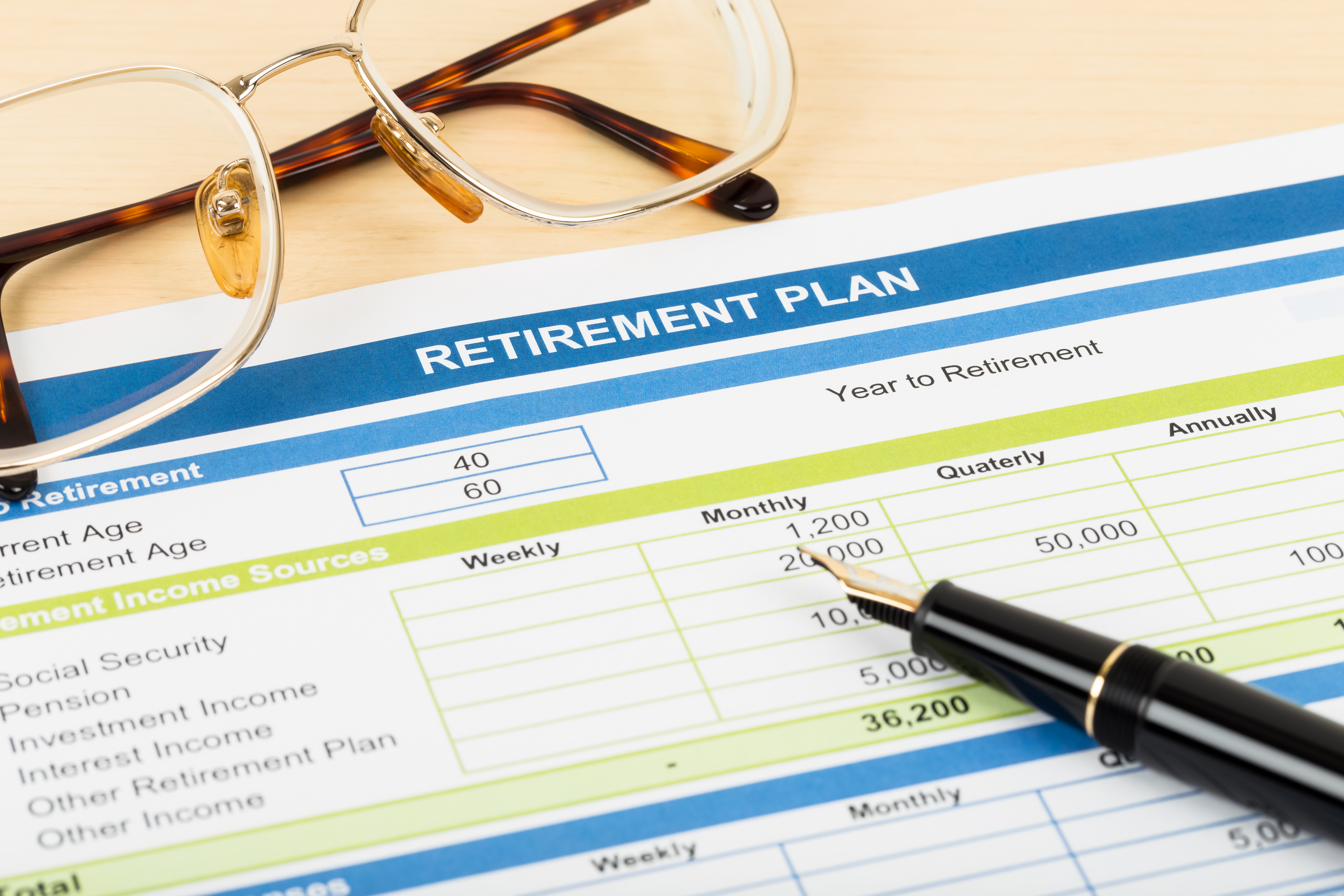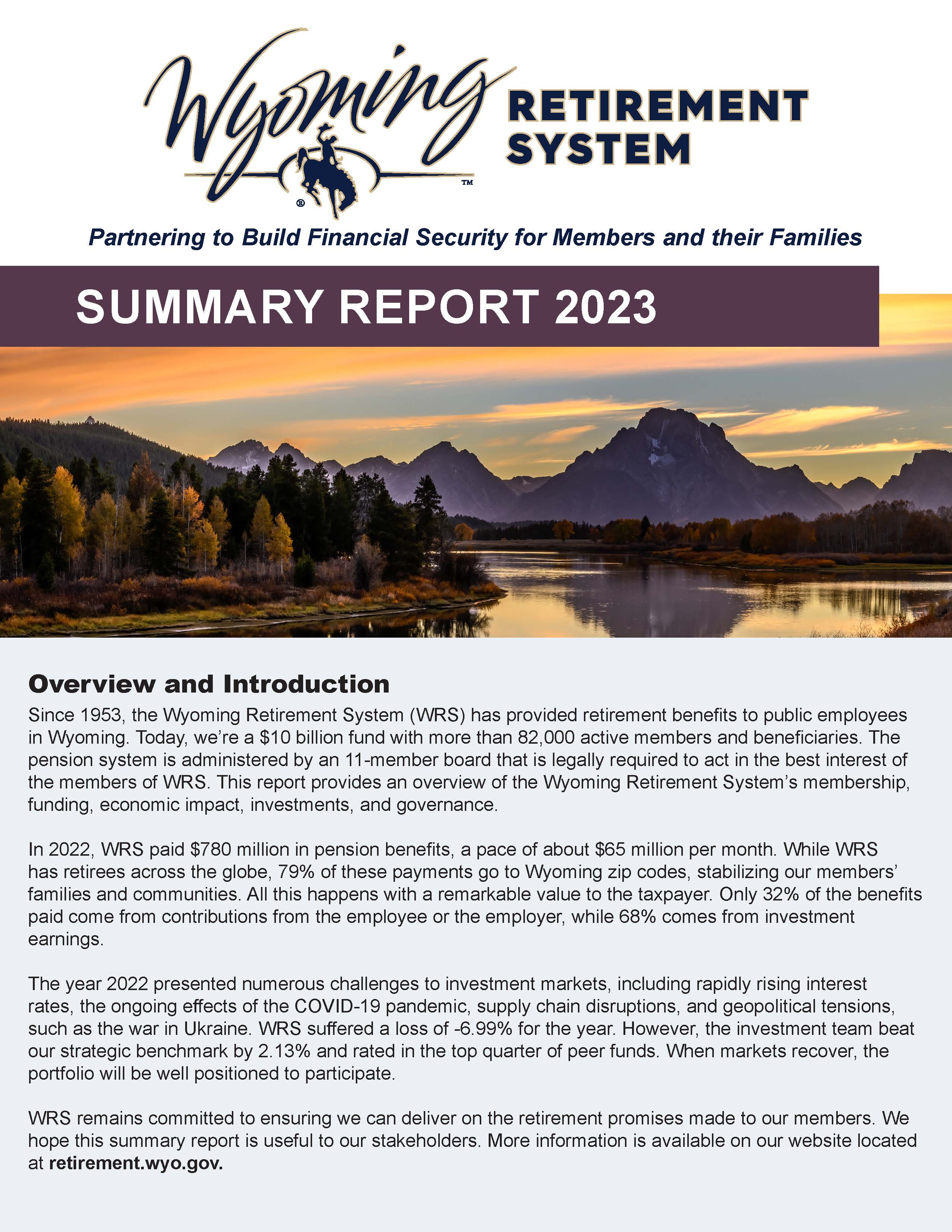When it comes to retirement planning, the rule of thumb is to do it as early as possible. But not everyone has the capacity to do so.
Ideally, planning should begin the moment you enter the workforce to give yourself room for any mistakes, but you also have to remember that it takes decades, spanning over 40 years to prepare for retirement.
When you're in your 50s or 60s, the last thing you want is to scramble for money and figure out how you're going to fund your day-to-day life once you retire, so it's of the utmost importance to check in on your plan at various points throughout your life. Here are some nifty tips on how you can secure your financial future:
In Your 20s
Beginning to save for retirement in your 20s is perhaps one of the best financial decisions you can ever make. But this can prove to be hard as you're only just kick-starting your career and have to make do with a modest salary.
You might also be paying off student debts, covering rent, and juggling other financial responsibilities. So it's best not to put too much pressure on yourself and accept that you might not make too much headway in saving for retirement at this stage in your life.
Then again, it doesn't mean that you can't do anything about it either. Doing something as simple as saving one month of expenses already sets you apart from 40% of Americans who struggle to pay for an unexpected $400 expense. You can easily do this by automating savings so you won't have to think about it. Investing can be automated, too. Research reveals that automation actually helps people save more money, so you might want to look into your employer's retirement plan and sign up to double your savings.
In Your 30s
During your peak earnings, is when you should start seriously planning long-term goals like buying property or investing for your retirement. But considering how it's a crucial time, many people in their 30s still make the common mistake of thinking that they have to decide on life-changing financial decisions alone or with a partner, when there are experts out there that you can turn to for sound advice.
Consulting a financial advisor is especially crucial at this stage in your life because they have the expertise to help you secure your financial future, when you start to earn a good salary. They can assist you in creating an investment strategy, avoiding emotional decision-making, and plan your cash flow. Accounting professionals are trained in a myriad of disciplines nowadays, and the surge in online accounting degrees has meant there are plenty of accountants to be on-hand for people looking to secure their financial futures. Because of such degrees, reports from the U.S. Bureau of Labor Statistics suggest that there will be 142,000 new accounting jobs created between 2014-2024, so there is no better time to ask for assistance. Additionally, the U.S. Bureau of Labor Statistics highlights that accountants can provide a full range of skills such as managing your income taxes, auditing your finances, organizing and maintaining your financial records, as well as suggesting ways to reduce costs, enhance revenues, and improve profits.
In Your 40s
You get a little leeway when it comes to your finances in your early years as a professional, but you can’t afford to put it off any longer when you reach your 40s. The good news is, if you haven’t started yet, you still have some time to catch up.
While you might be compelled to take more risks to yield higher rewards, it's not advisable. Your risk should always be aligned with your age as you have less time to recover. What you can do now is increase your pre-tax contribution to your 457 plan, grow your savings with compound interest, and roll your 401(k) assets into either an IRA or current 401(k).
In Your 50s
Your 50s is still considered an opportune time to prepare yourself financially for retirement. Experts recommend checking how your savings are spread among stocks, bonds, and cash as a way of ensuring that the allocation properly reflects your risk tolerance.
This is also the ideal time to try eliminating any lingering debt and to think about your health-care coverage in retirement. Plus, you may also want to take advantage of the extra contributions you can make to tax-sheltered retirement accounts. At age 50, you can start contributing up to $25,000 to your 401(k) and up to $7,000 in an IRA. This is a good way to catch-up on padding your savings. Of course, you would have to find extra money to funnel into those accounts, so you also have to be careful with your spending habits and finding additional sources of income to earn more cash.
In Your 60s
There are plenty of things you can do in your 60s to boost your savings. For starters, you may still choose to work to earn extra income or stay engaged. There is no rulebook that says that you have to leave the workforce once you reach 65. You can use your income to pay down and renegotiate your debt, as you don't want those to follow you in the years to come. You may also want to look into creating more income streams, like starting a side business or working as a freelance consultant to pad your savings accounts even more.
If you choose to continue to work, the best thing to do is max out your 401(k), or try to contribute until you reach the point that you are maximizing the matching amount from your employer. What's more, you should also look into maximizing your Social Security benefits, but don't rely solely on it if you wish to live comfortably.
Feature specially produced for retirement.wyo.gov
Produced by: JBostock
The Wyoming Retirement System (WRS) provides a bi-annual newsletter.
The current edition is for Fall/Winter of 2020 and includes information on:










